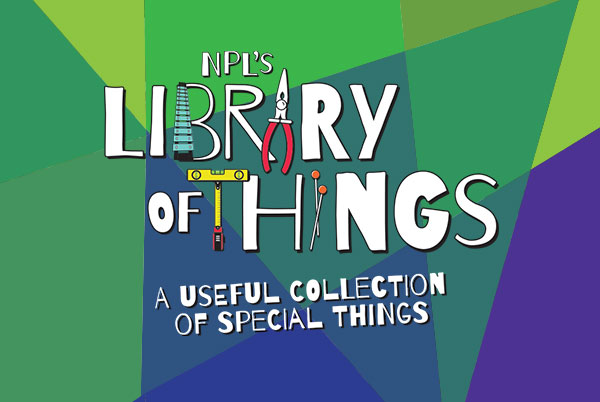
As much as it pains me to say (and maybe for you to hear), for some kids, reading is a chore.
They’ve been inundated with assigned reading for years. Books for courses/classes. Books for AR. Books on their lexile level. Books for summer. Books. Books. Books...That they don’t get to choose for themselves.
Sure, there are requirements. There’s no way to get around the “have-to's”. But, why not pepper in some fun while you’re at it?
Tip #1: Have a conversation with your child.
If you find your child no longer enjoys reading, sit down with them and try to figure out why. Maybe they just can’t seem to find that one book that suits them at the moment. Maybe reading a book with a lot of chapters feels scary. Maybe the last one they read was too challenging. It’s important for you to ask. Spend time with them and let them know you care. Then, you can tackle the next obstacle—finding out what kind of books they might be interested in reading. There’s a ton of variety to choose from!
Tip #2: Choose an additional book when you’re at the library.
Help your child understand that while they do have to read an assigned book, they can also choose another book outside the set parameters. Sure, they may have read Diary of a Wimpy Kid six million times, but they’re gaining confidence and joy from reading it again. They’re also practicing their comprehension skills.
Pro tip: You could make it into a game to test their memory about the book *before* they re-read it.
Tip #3: Read a book with your child.
I’m not talking at bedtime. Although, you should do that, too. But, have a mini book club. Choose a book together, and then, break it down into achievable chapter goals and set a time to reconnect each night or week or so. You could have discussions when you meet and make predictions about what you think will happen. At the end, talk about the book as a whole. Get your child’s opinion—find out their likes and dislikes, what characters they related with, etc.
Tip #4: Listen to books.
Listening is the first language skill we acquire, and the bulk of the information we learn throughout our lives is acquired through listening. Plus, some kids are auditory learners, not visual ones. And, some kids find books with many pages daunting even though the synopsis intrigues them. Enter: the audiobook. I am pro audiobook, and, thankfully, the library has many options available to you—CD Audiobooks, Playaways, eAudiobooks (downloadable on a smartphone or tablet), Bookpacks, and Vox Books.
Pro tip: Listening to audiobooks has the ability to increase your child’s reading accuracy and comprehension.
Tip #5: Explore graphic novels.
Comic books. Manga. Graphic novels. However you refer to them, they’re just as influential to your child’s love of reading as a chapter book. Graphic novels rely heavily on artwork to tell the story. Your child will be able to build their inference skills by reading these books. They’ll have to look at body language and facial expressions, background clues and imagery to figure out what is happening in the story. Additionally, these books are great for children who find reading a challenge. It boosts their confidence!
Rest assured, you can make reading fun again! Take it slow and let your child weigh in on what they want to read. And, remember, we’re always here to help!




